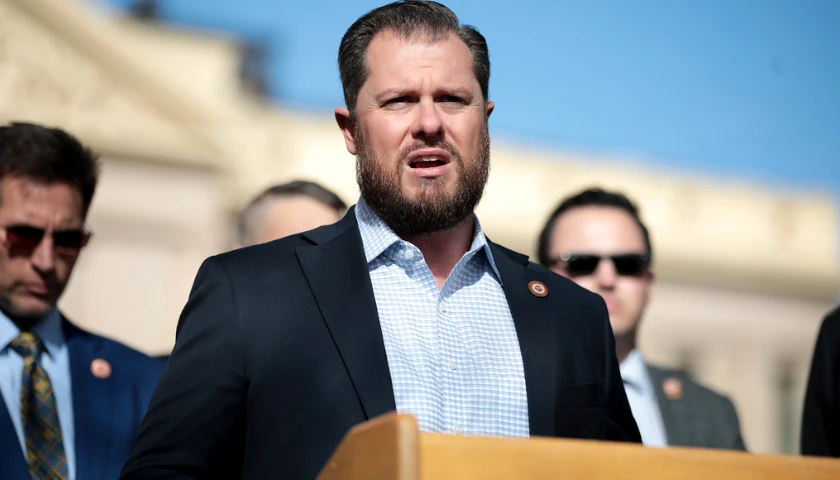by Anthony Hennen
A push from the liquor lobby to end Pennsylvania’s monopoly on wine and spirits looks like it has majority support from the public, though the timeline of any deregulation is unclear.
A new poll released by the Distilled Spirits Council, conducted by the Tarrance Group, found that 64% of Pennsylvanians support a constitutional amendment to end the government retail sale of wine and spirits, allowing private businesses to sell them. The model of nearby states like Ohio and West Virginia, where the state still distributes wine and spirits but private businesses sell them, garnered the support of 61% of Pennsylvanians in the poll.
“This poll makes it clear that Pennsylvania residents across the political spectrum are supportive of modernizing the retail sale of spirits and expanding the number of stores that carry these products,” said David Wojnar, senior vice president and head of state government relations at the Distilled Spirits Council.
Majorities among both Democrats and Republicans supported the deregulatory idea, as did majorities of urban, suburban, and rural likely voters. Majorities of union and non-union workers also supported the idea of a constitutional amendment.
“The voters want additional outlets, they want greater convenience,” Wojnar said.
Pennsylvania has some of the strictest laws nationally in regulating wine and liquor sales. Previous attempts to liberalize wine and liquor sales to allow grocery stores or convenience stores to sell them have been strongly opposed by the United Food and Commercial Workers union, which represents Fine Wine and Good Spirits employees. The union argues expanding wine and liquor sales would threaten thousands of jobs.
While a majority of likely voters support relaxing Pennsylvania’s liquor laws, any change could be years away. The constitutional amendment process will require enabling legislation and other state action to make a proposed change into a reality.
– – –
Anthony Hennen is a reporter for The Center Square. Previously, he worked for Philadelphia Weekly and the James G. Martin Center for Academic Renewal. He is managing editor of Expatalachians, a journalism project focused on the Appalachian region.








